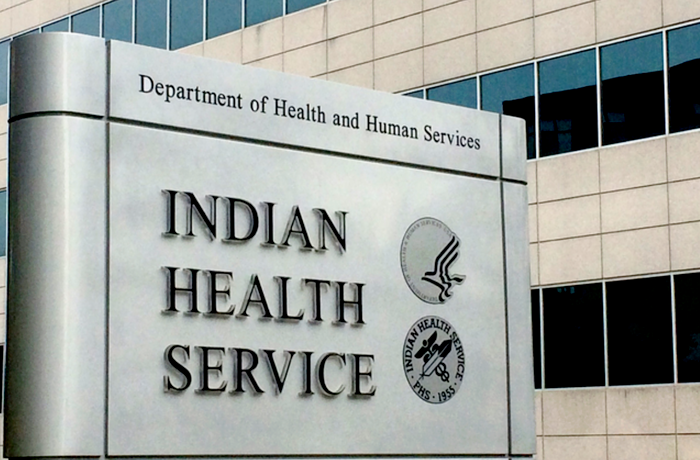
- Details
- By Native News Online Staff
The Indian Health Service (IHS) announced that it is deploying $139 million to tackle the prevalence of diabetes in Native American communities.
The funding, which comes from the U. S. Department of Health and Human Services, will feed into the IHS's Special Diabetes Program for Indians (SDPI) to provide prevention and treatment services for American Indian and Alaska Native communities.
The funds have been awarded to 302 tribal and urban IHS sites in 35 states under a new 5-year grant cycle that began on Jan. 1, 2023. For the first time ever, 11 tribes and tribal organizations are also being directly funded under the program.
The SDPI implements evidence-based and community-driven strategies to prevent and treat diabetes in Native communities. Using guidance from tribal leaders, the SDPI has also launched a national diabetes network for Indigenous communities.
According to the American Diabetes Association, Native Americans experience the highest rate of diabetes in the United States, at 14.5 percent. Undertreated or untreated diabetes can lead to kidney disease, heart disease, neuropathy and diabetic eye disease(retinopathy). Diabetes is the fourth-leading cause of death among Native Americans, per the IHS.
According to a statement released by HHS, federal data shows that the rate of diabetes-related kidney disease decreased by half after implementing population-based diabetes treatment and prevention services like SDPI.
As well, rates of retinopathy in American Indian and Alaska Native adults have fallen by more than 50 percent since the 1980s. While it isn't possible to determine specific causes of the decrease in disease, the HHS says that diabetes prevention services provided by IHS facilities are likely a leading factor.
"IHS is committed to continuing its support for diabetes prevention and treatment for IHS, tribal, and urban Indian health programs," IHS Director Roselyn Tso said in a statement. "Since its inception in 1997, the Special Diabetes Program for Indians has helped to dramatically increase access to important diabetes prevention and treatment services throughout Indian Country."
More Stories Like This
New Mexico Will Investigate Forced Sterilization of Native American WomenUSDA Expands Aid for Lost Farming Revenue Due to 2025 Policies
Two Feathers Native American Family Services Wins 2026 Irvine Leadership Award
Bill Would Give Federal Marshals Authority to Help Tribes Find Missing Children
Indian Health Service to Phase Out Mercury-Containing Dental Amalgam by 2027


